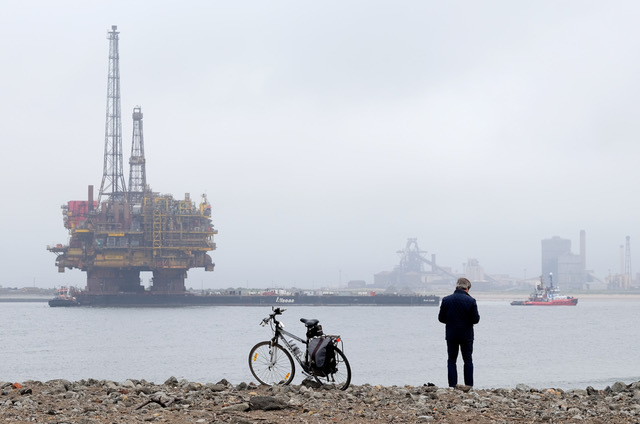
Oil companies will pay their fair share of the multi-billion pound UK North Sea decommissioning bill, a trade body has said.
Industry will cover costs “in the first place” and is determined to dismantle more efficiently, said Mike Tholen, upstream policy director at Oil and Gas UK.
But it has emerged that one operator is likely to receive more than £300 million in tax relief because it is meeting another firm’s share of decommissioning costs.
Relief deeds – introduced in 2013 − guarantee support for companies if their partners cannot stump up funds for the removal of infrastructure.
The UK Government’s intention was to provide certainty and encourage investment in exploration and production.
HM Treasury had entered into 86 deeds by March 2018, according to a new National Audit Office (NAO) report.
Decommissioning tax reliefs are expected to cost the government £24 billion.
Under the current regime, companies can claim back some of the taxes paid on profits to help offset decommissioning costs.
In mid-2017, the Oil and Gas Authority estimated that almost £60bn would be spent on North Sea dismantling, but vowed to slash the bill by 35%, reducing the burden on taxpayers.
NAO warned that taxpayers are ultimately liable in the event of a company going bust.
“Should an operator become insolvent or lack the financial resources to carry out decommissioning, the liability reverts to any joint or previous owners of the asset,” the report said. “If none exist, then the liability falls to the government.”
But Westminster believes the risk is low, because 80% of assets are currently, or have been, owned by larger oil companies.
READ: Time to face up to reality on decom liability, academic says
Furthermore, the government has ordered nine operators to set aside at total of £844m to pay for oilfield scrapping, and intends to squirrel away more to protect taxpayers.
READ: UK Government builds up £1bn kitty to protect taxpayer from decom costs
The OGA expects operators to incur “almost all” decommissioning costs in the next 20 years.
Mr Tholen said: “Decommissioning is a normal part of the lifecycle, the cost of which is in the first place paid for by industry.
“Industry is wholly committed to decommissioning assets efficiently, cost-effectively and in a safe and environmentally responsible manner.
“We are all aligned in the need to control costs and deliver long term value by extending the productive life of the basin.”
A UK Government spokesperson said: “By providing tax relief on decommissioning we are attracting continued investment into our reserves – supporting jobs, boosting the economy and protecting our energy supply.”
Recommended for you

